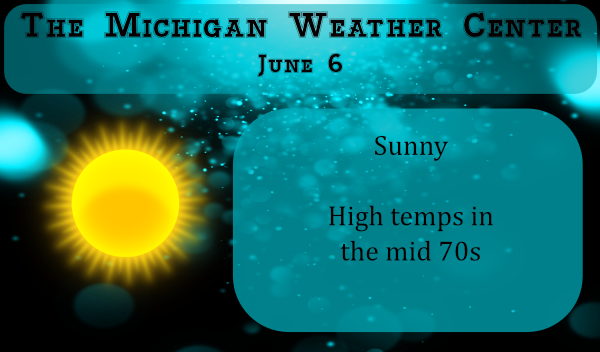The events leading up to the summer of 1816 may have started on April 10, 1815 with the eruption of the volcano Tambora on the island of Sumbawa in what’s now Indonesia.
The volcano spewed out enough ash and pumice to cover a square area 100 miles on each side to a depth of almost 12 feet. It may have been one of the deadliest volcanic eruption in human history with a reported death toll of at least 71,000 people.
Here in the eastern US there was a heat wave in early June 1816 and if Mookie was alive at that time he/she would be telling us all how hot that summer would be as on June 6th 1816 the temperature reached 92 degrees at Salem MA during an early heat wave, but then plunged 49 degrees in 24 hours to commence the famous year without a summer.
Climate experts say that 1816 wasn’t the coldest year on record, but the long cold snap that coincided with the June-to-September growing season was a hardship. “The summer of 1816 marked the point at which many New England farmers who had weighed the advantages of going west made up their minds to do so,” the oceanographer Henry Stommel and his wife, Elizabeth, wrote in their 1983 book about Tambora’s global effects, Volcano Weather. If the ruinous weather wasn’t the only reason for the emigration, they note, it played a major part. They cite historian L. D. Stillwell, who estimated that twice the usual number of people left Vermont in 1816 and 1817—a loss of some 10,000 to 15,000 people, erasing seven years of growth in the Green Mountain State.
While reliable day to day weather reports are not available to verify the summer of 1816 here are some reports from that summer, remember we do not know how reliable the reports are.
In the spring and summer of 1816, a persistent “dry fog” was observed in parts of the eastern United States. The fog reddened and dimmed the sunlight, such that sunspots were visible to the naked eye. Neither wind nor rainfall dispersed the “fog”. It has been characterized as a “stratospheric sulfate aerosol veil”.
In New Jersey frost was reported five nights in a row in late June, causing extensive crop damage. Though fruits and vegetable crops survived, corn was reported to have ripened so poorly that no more than a quarter of it was usable for food. In New Lebanon, New York May 1816, “all was froze” and the hills were “barren like winter”. Temperatures went below freezing almost every day in May. There was a reported freeze on June 9th there was another hard freeze reported again on August 23. In Massachusetts it was reported. Severe frosts occurred every month; June 7th and 8th snow fell, and it was so cold that crops were cut down, even freezing the roots. In other locations In July and August, lake and river ice was observed as far south as northwestern Pennsylvania. Frost was reported as far south as south as Virginia on August 20 and 21. In Virginia it was reported It is now the middle of July, and we have not yet had what could properly be called summer. Easterly winds have prevailed for nearly three months past … the sun during that time has generally been obscured and the sky overcast with clouds; the air has been damp and uncomfortable, and frequently so chilling as to render the fireside a desirable retreat. There are no records for the summer of 1816 so we do not know just how cold that summer really was. For Grand Rapids the coldest summers on record are 1. 1992 with a June to July August mean of 65.5° 2. 1915 a mean of 65.9. 3. 1945 66.7. 4. 1904 a mean of 67.4 and in more recent times the summer of 2009 had a mean of just 67.9.
Anyway, I would guess that 1816 was a summer that we would not like to have as I would expect that it was even colder here in Michigan that summer. Have a great weekend.
Slim

Mid 70’s sunny Saturday doesn’t get any better then this during Summer …Sprites today have a good one …INDY
With the mention of possible record highs in northern Michigan and highs forecasted near 90 in our area I looked to see what the record highs are for our area. At Grand Rapids the record high for June 9th is 93 set in 1964. It has gotten into the 90’s 5 time on the 9th the last time was a high of 90 in 1978. At Lansing the record for the 9th is a hot 96 set in 1964 it has gotten to 90 or better 6 times on June 9th the last time was a high of 90 in… Read more »
Nice read Slim! If any of those reports are near accurate, that sounds like quite an extreme lack of Summer. I like it cooler, but that would be really bad.
Nice post, Slim.
NWS Gaylord is talking about possible record highs Tuesday ahead of Cristobal.
Thanks Slim.
This just goes to show us how susceptible we are what nature throws at us.